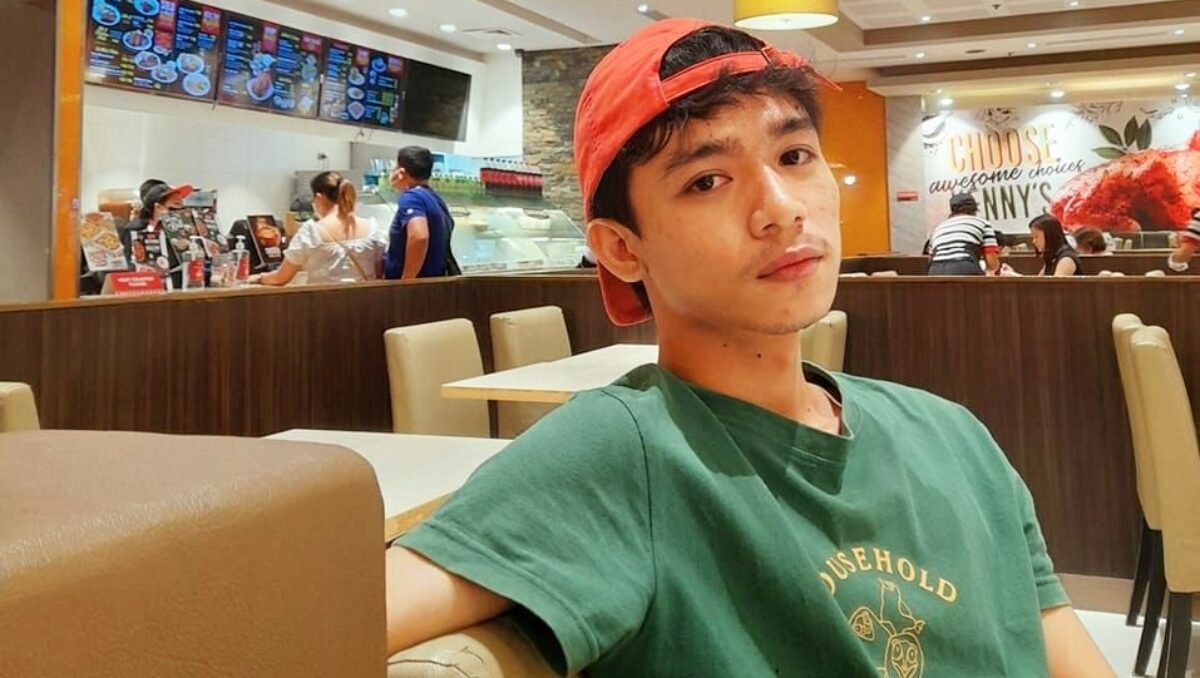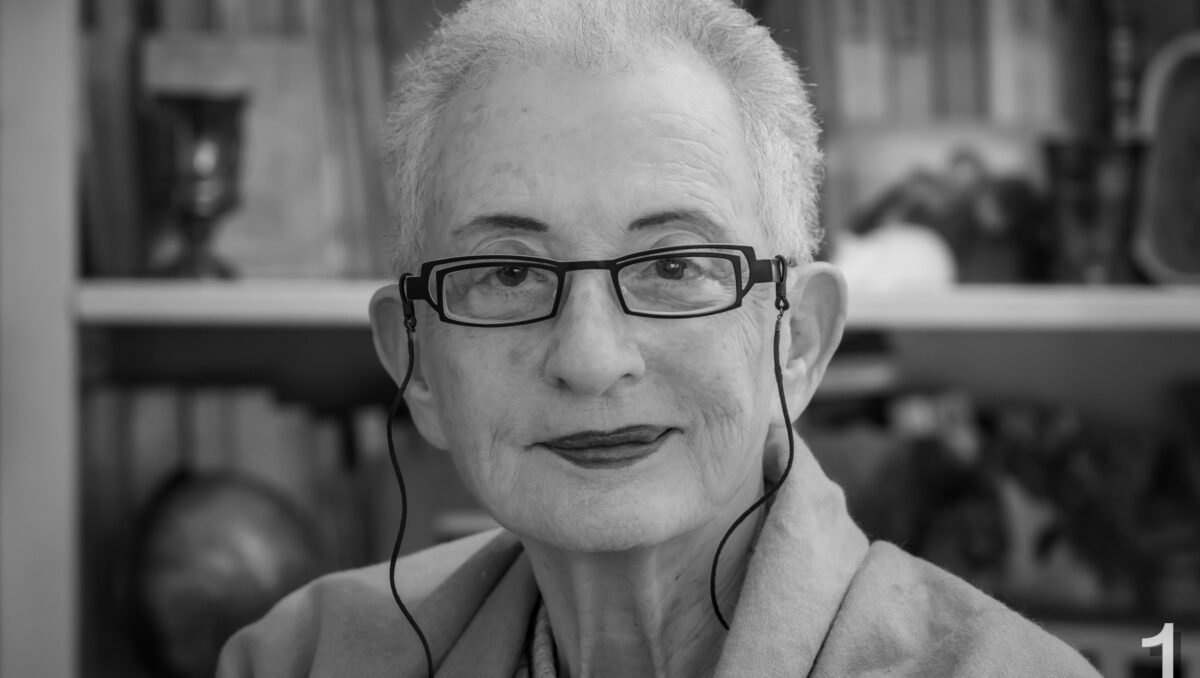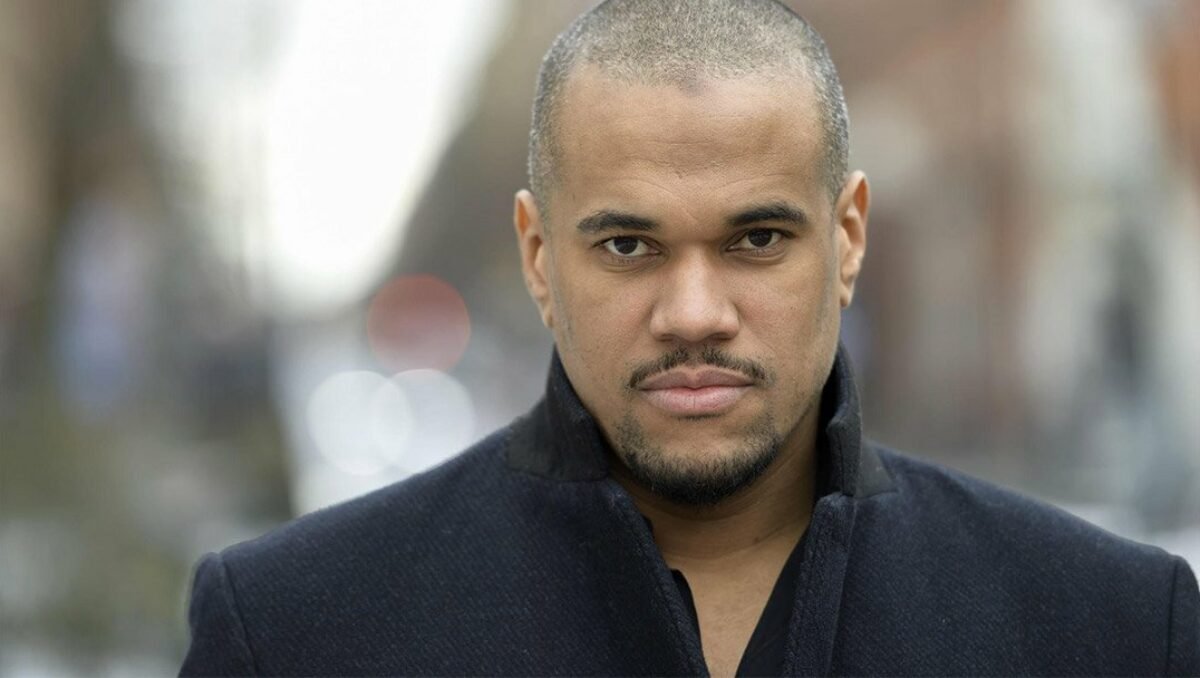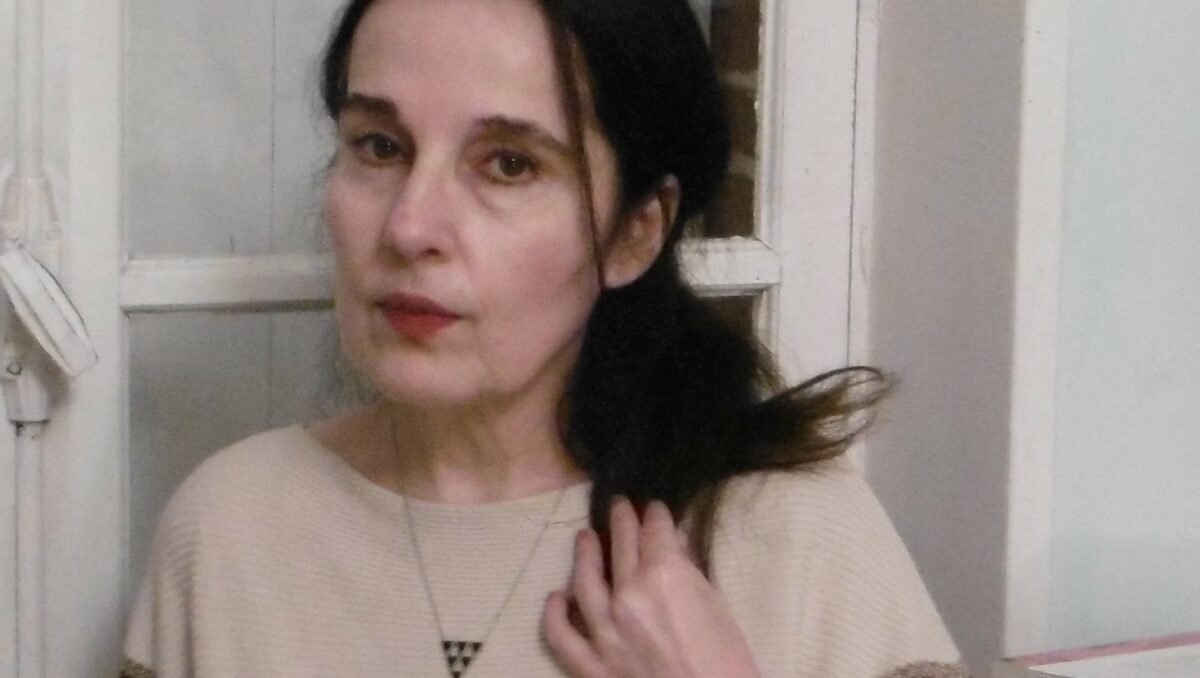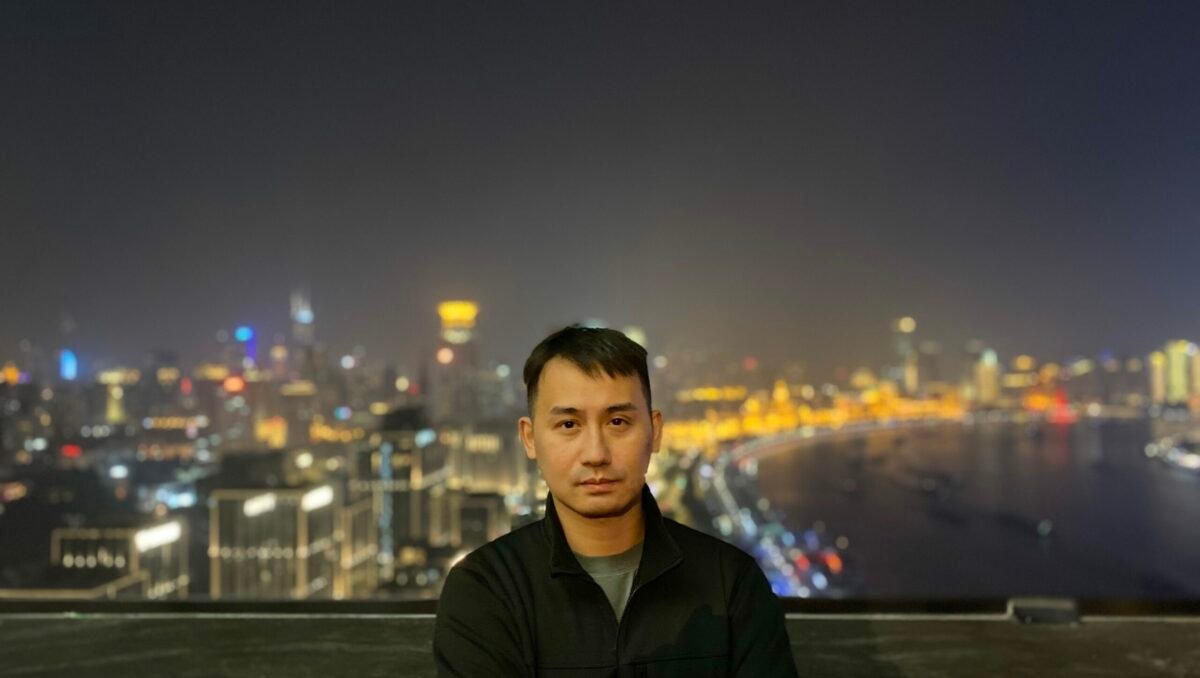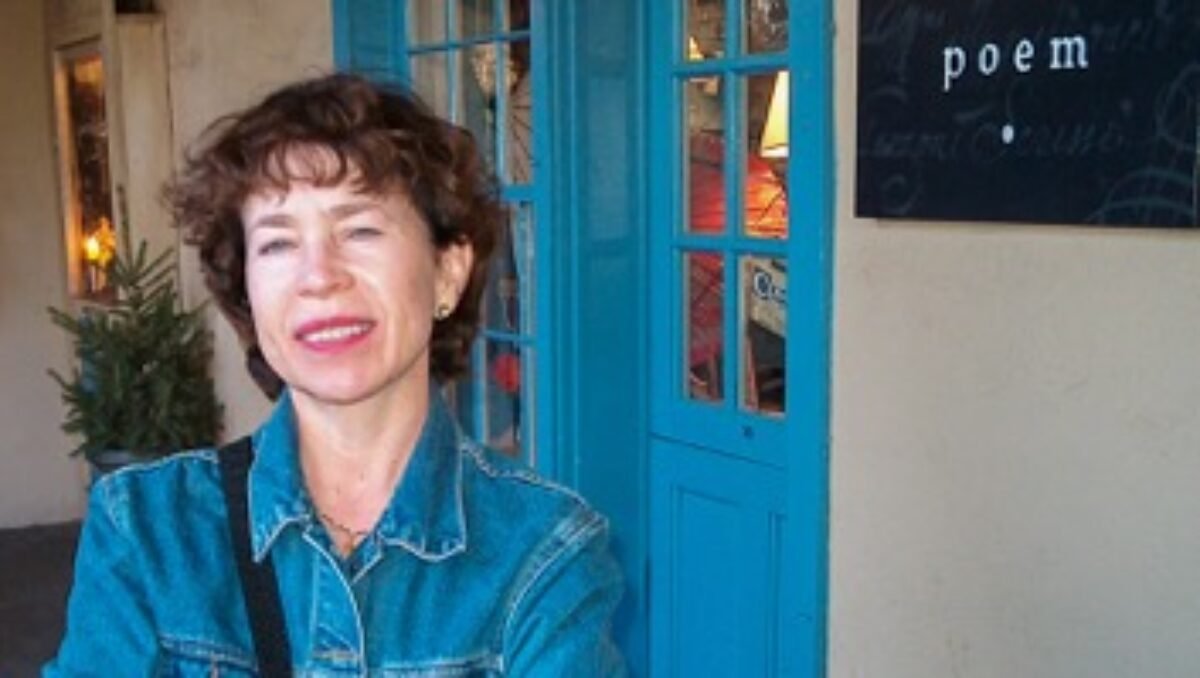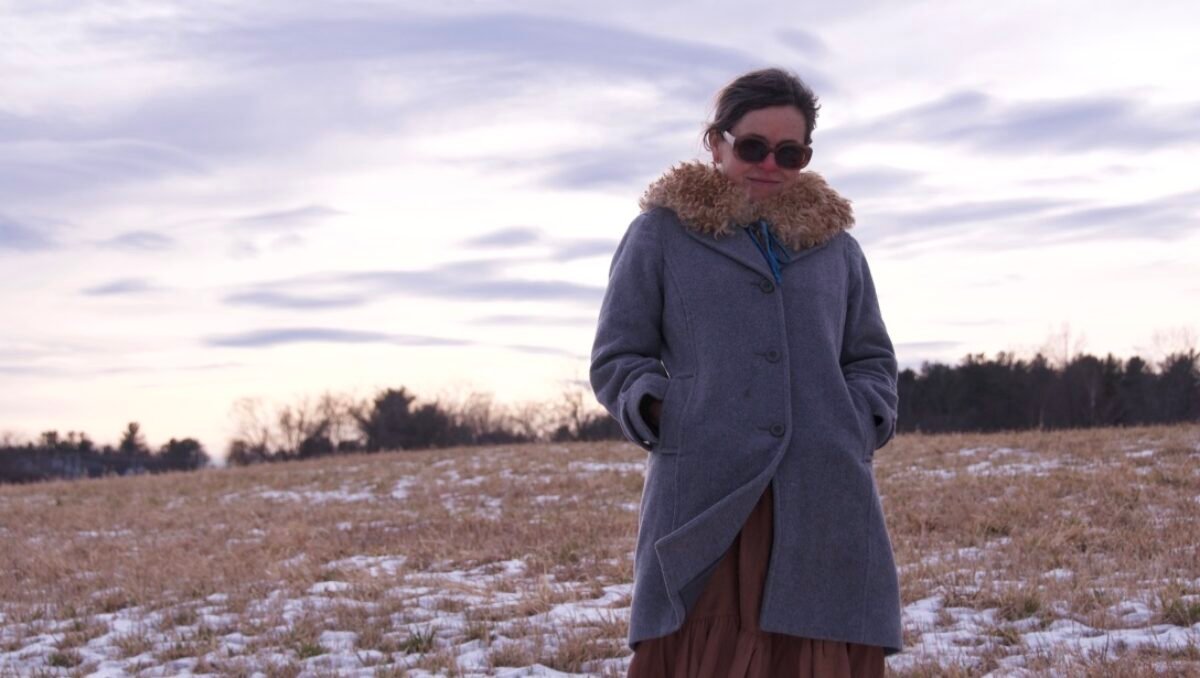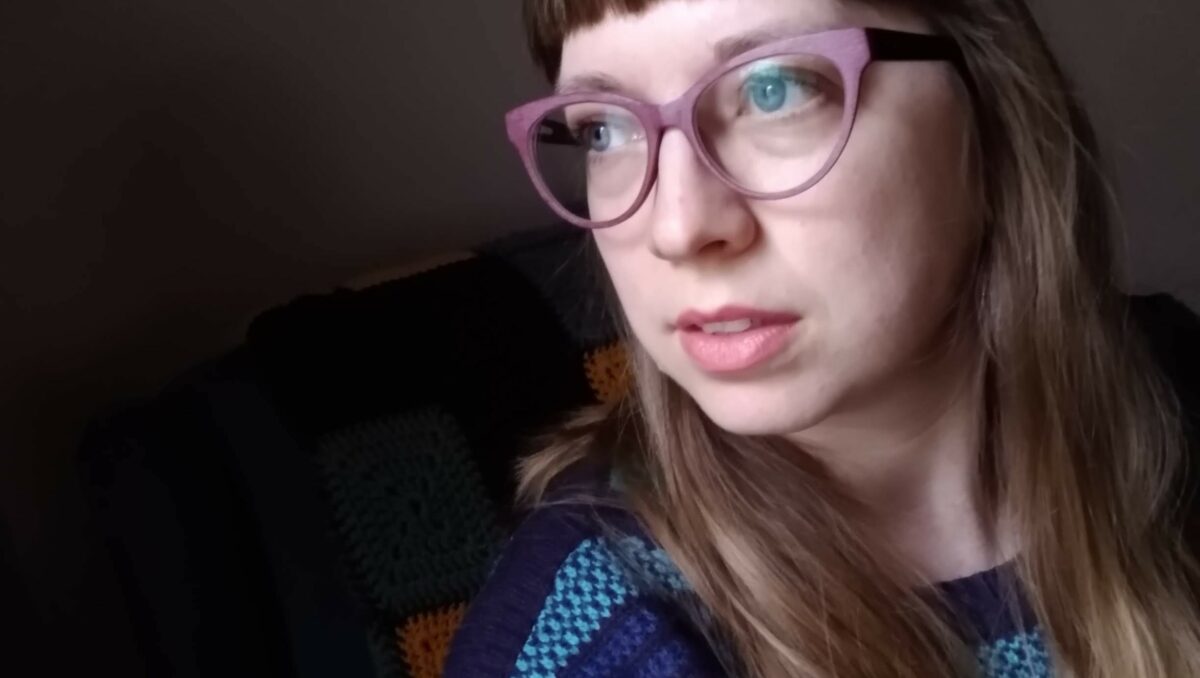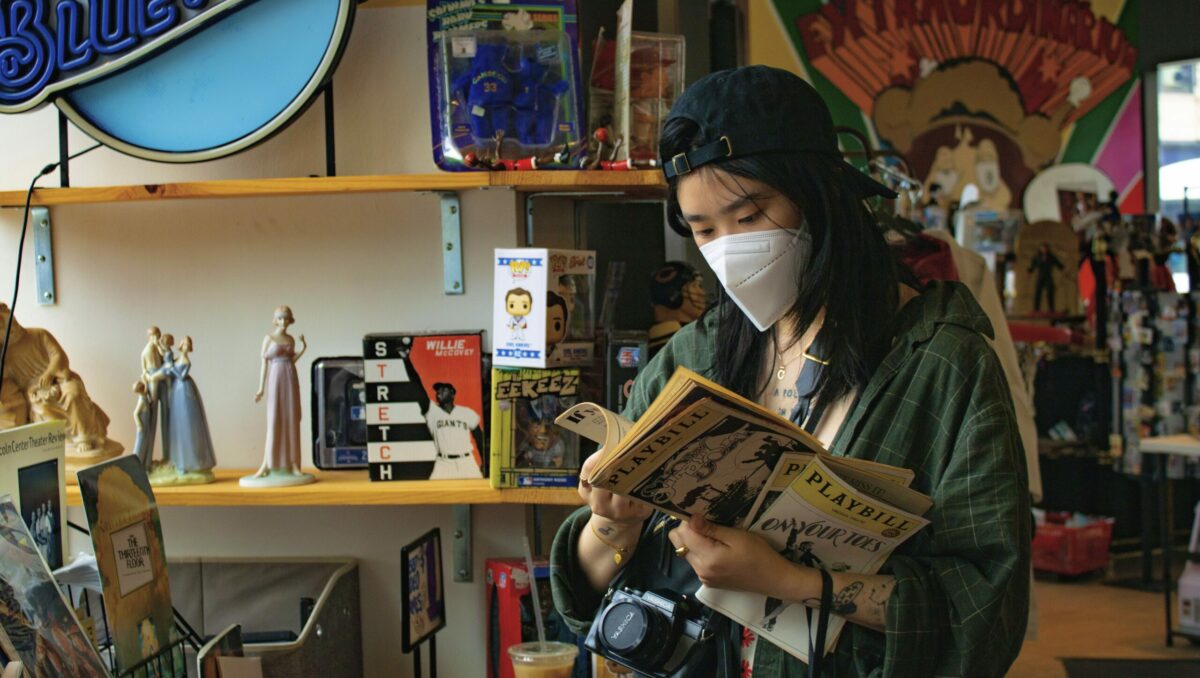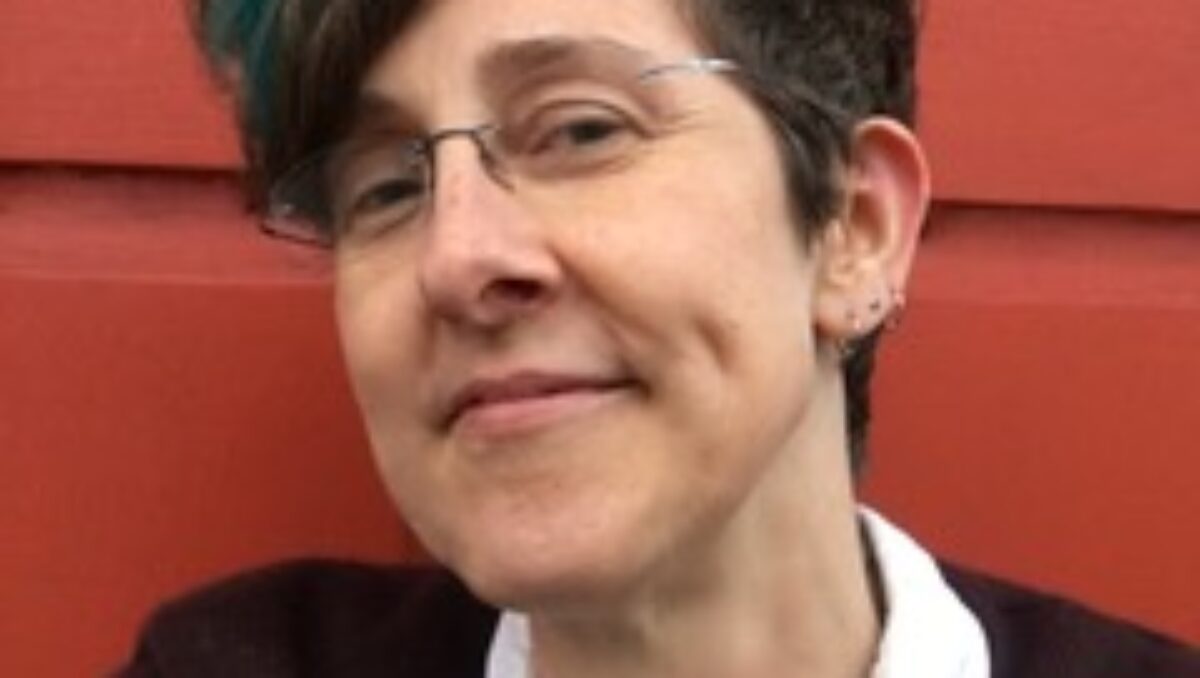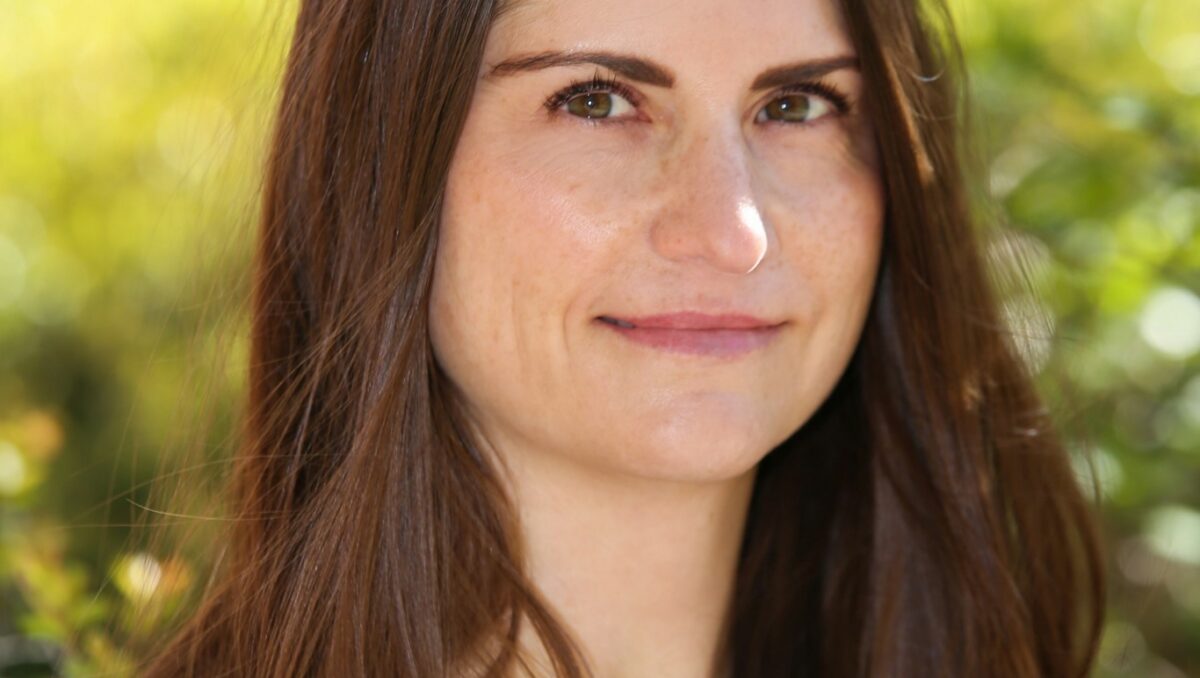CHEWING BETEL NUT by Mark Dorado trans. Eric Abalajon and Mark Dorado
This mouth
grows in it a forest
born from the spit
of the gods
of my land;
chews a wildfire
that blackens the stumps of my teeth;
hums the serenade
of our greatest hunters.
This mouth can utter to life
the many names of our ancestors
the conquerors could never
wrap their tongues around,
the ones they spat with regret
as their teeth disintegrated,
choking on the sharp
inflections of the names
of our oceans,
mountains,
warriors.
Oh, to speak
of love and freedom
is cruelty
to a colonizer’s tongue.
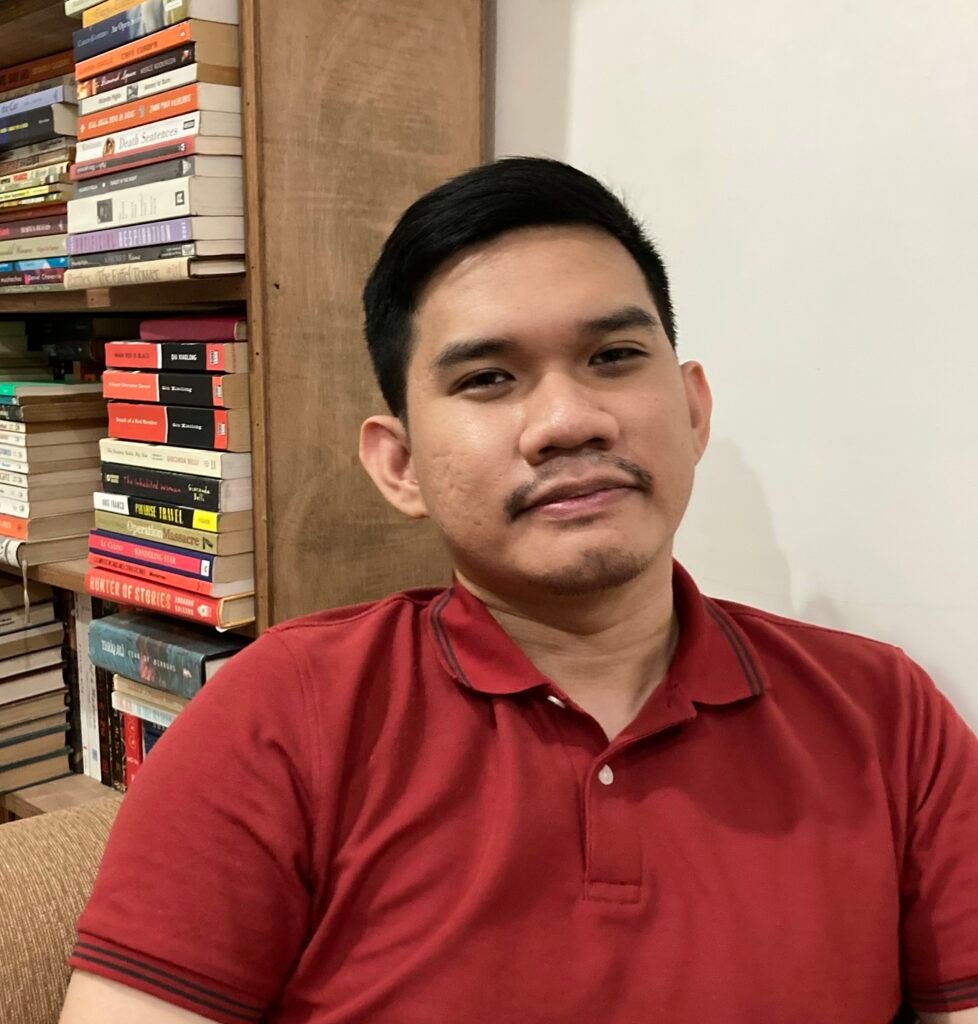
Eric Abalajon is currently a lecturer at the UP Visayas, Iloilo. His works have appeared in Cha: An Asian Literary Journal, The Tiger Moth Review, ANMLY, Modern Poetry in Translation, Asymptote, and Footprints: An Anthology of New Ecopoetry (Broken Sleep Books, 2022). He lives near Iloilo City.
- Published in ISSUE 26, Poetry, Translation
THE GARDEN IS THIS GARDEN by Hélène Cixous trans. Beverley Bie Brahic
|
My days come and go, their almost motionless river is swept with traces, am I in the river’s current or on the edge? I see the shores of Lethe. The river repeats itself unchangingly, on and on, endlessly until we heave ourselves, the river and me, out.
The garden is This Garden. This garden is populated with an indefinite number of presences and visits. Seated on a bench, This Bench, I almost don’t notice a furtive future thought that thinks: I was sitting on This Bench, at the corner of the house where the cat goes out of sight, where Eve my mother, seen only by my hallucinating eye, sits in her usual chair under the strawberry trees.
Memories? No memories, no reproductions of visitors in an album frozen in time but waves, glints of reflections, of instants, bits and pieces, allusions, syllables, sometimes just letters, but capitals, a swarm of winged motes, the dead are not dead, all my old cats go by, hurried thoughts between the paths of present cats, a characteristic of this populace is incessant movement, I do not know what drives them, is it the wind, the spirits, the gods, my beating heart? –No one is dead as long as I am here to greet and traipse after them –Do you remember my sonnet 81? Shakespeare says, the sonnet that has kept me company from May 26, 1954 to this day May 26, 2020, we’ve never been apart, today is the same May 26, between us immortality reigns, a love which does not alter that’s why we are able to remember a sonnet, inscribed in the magic stone of the book: I open Shakespeare and the young sounds of the sonnet prophetic of our mysterious future memories are written on its paper lips. ‘Your monument shall be my gentle verse, / Which eyes not yet created shall o’er-read.’ I have never been able to read these lines in vain, sixty-six months of May readingreading
from ‘Rêvoir’ , translation forthcoming 2024 from Seagull Books. |
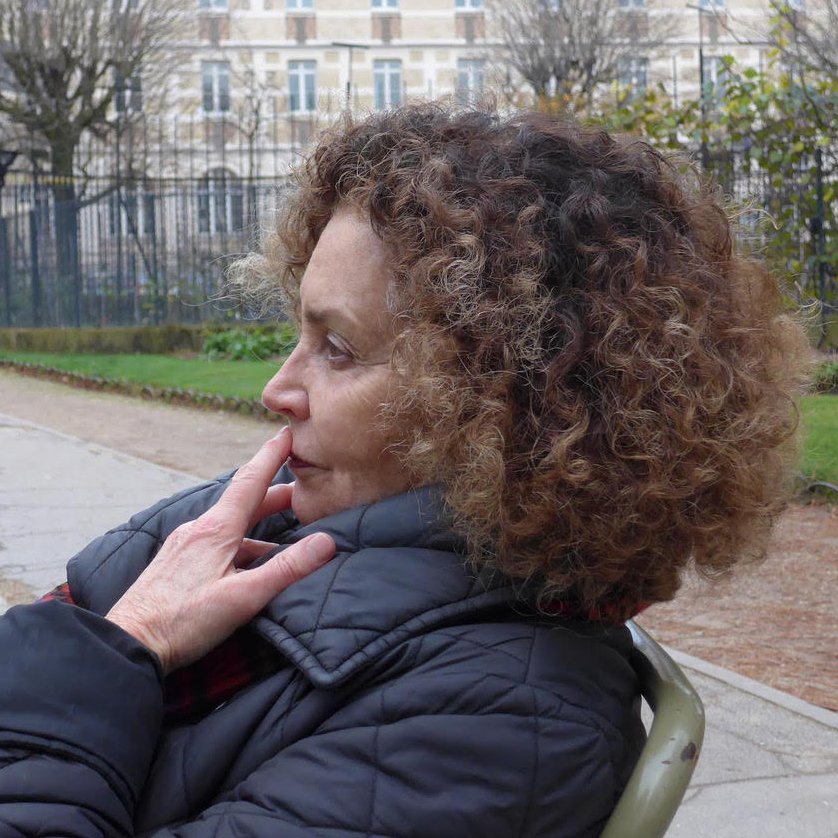
Beverley Bie Brahic is a Paris-based translator and author of four collections of poetry, including the 2012 Forward Prize finalist White Sheets. Her translations include works by Charles Baudelaire, Yves Bonnefoy, Hélène Cixous and Francis Ponge. Guillaume Apollinaire: The Little Auto was awarded the 2013 Scott Moncrieff Translation Prize. (Photo Credit: Michael Brahic)
- Published in ISSUE 26, Poetry, Translation
THREE POEMS by Álvaro Fausto Taruma trans. Grant Schutzman
CEMETERY OF THE DROWNED
To my shipwrecked brothers on the island of Inhaca
As your hymn hangs above the mouth of the castaway I call out your name, I call you with this tongue whose words are more than just a soft murmur, a sob, a liquid wound, a widow’s voice, an estranged orphanhood beyond words. I run the winds of September, the unburied mast of longing, the flower that is your unformed body and I write out the syllables of every tear, here, in this country that you departed and never left. So show me the corolla of waves, the whiteness of a tissue that only you know, an echo, say it to me now. Out here hands dig hollows in the insides of your absence: your mother, my mother, every mother is but one mother when the ship that carries every afternoon returns and an inexplicable rudder leads to a memory of your face. What substance does your body breathe beneath the waters, with what burst of gill? How do you adjust the clearness of the tide, the moss, the plankton, the flora of your exile? Ours is still a body made of flesh, blood and fear and debt growing in unpayable leaps and bounds (and so I write with the fatherland of knees with which one prays, searching for imaginary coins). Tell me of those winds that I have heard only the briefest rustle, of that city where death is a mirror, a spectacle that one paddles across, a shipwrecked dissent. A friend you departed and never were, tell me that the sun will make bloom again the fauna in your eyes (unerasable in the night like in the dreams of fish). Oh, how I too wish for this calmness, your home/ocean where you dream with open arms and set aside the flesh because after all, this is what life is: ephemeral circumstance! So tell me your little lies because here the truth is a revolt held down: fear’s weight on the back of the world, above the books, above the tables worn away by hunger, above the life you chose on that submerged edge of cloud: the stronghold of liquid things.
FACTORY OF SILENT THINGS
Just as the teacher gleans from time his essential tool, I manufacture silence, this loom of words unheard, with the same fire that weaves together the angst of an unfinished life; and yes, from silence we come and to silence we shall return, its fretful whisper soaks my body, and the tree of childhood shadows me with its parched leaves, or the dead landscape of some unnamable season, the September winds sweeping away the summer. Silence, the substance we mine within forgotten verses, how it reminds me of that woman split between farm and phallus, the dewskin above the back of each morning. Like a stone, a graph-paper line, I sharpen silence, I tune silence, and the voices sizzle between its burning blood, calling forth this animal that cannot be slaughtered, the bull slowly chewing its root, I mean, its rage, and they both flow back to its mouth like a blade, a metal whose fire only he knows.
1.
On your back you bear the distance that separates you from your own birth! What voices do you bring, oh recital of time? The flesh burns – animal of space and water – it beheads thirst in public squares of glittering metal. There is no cure for the gangrene in this season of moons and udders, not the blank slate of oblivion, nor the translucent fruit of forgetting. We vibrate in the craters our hearts remake, serpents of wind for hands, gloomy and transfixed, surrendered to Goya’s ashen rifles. Blood condenses where love condemns us – this is the body’s hard burden.
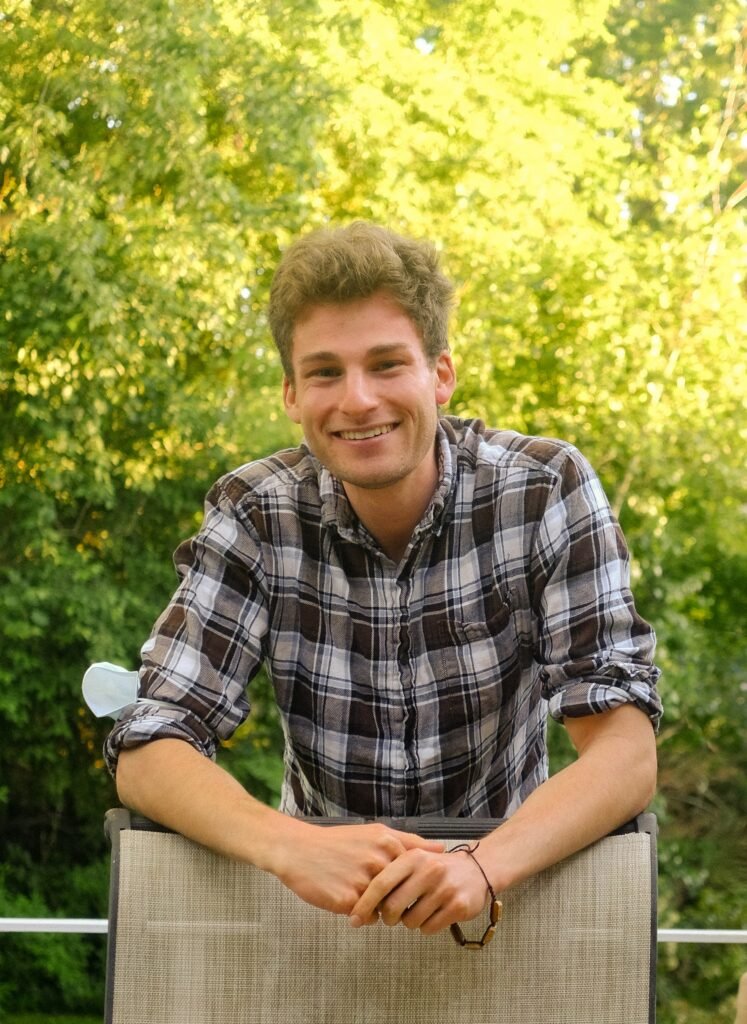
Grant Schutzman is a poet and translator. He is fascinated by multilingual writing and that which has been deemed the untranslateable. His poetry and translations have appeared or are forthcoming in Rust + Moth, The Inflectionist Review, The Shore, Modern Poetry in Translation, Asymptote, The Offing, Your Impossible Voice, and Exchanges.
- Published in ISSUE 26, Poetry, Translation
THROUGH THE LAKE, THROUGH THE WATER by Johannes Anyuru trans. Brad Harmon
THROUGH THE LAKE, THROUGH THE WATER
The beeches stand there, imposing, untouched,
steeped in time: I wander
through the tall yellow hall of leaves
and listen to the open
chords: October, whoever cries here
cries inwards,
the wood bridge has sucked the salve dry.
The underworldly bamboo flutes resound
through the lake, through the water, the wind is
lead poured into stone molds.
I happen to end up
on that strip of beach
where you and I made love one summer day
in the short dry grass.
There’s a you in every poem,
a courage or a great fear, there are
constellations carved out right here,
spokes of blue in the eye of the migratory birds, the words
you laughingly taught me to pronounce.
And the Black Portuguese
spoken in Mozambique
is still the softest language
I know.
To my ears, all your words sound round and powerful,
like our “love”
or “freedom.”
Days when I
stand with my eyes closed
and feel around. As if by a hard
kick, as if by a caress.
Your short, light-blue summer dress
fluttering away through the burning foliage.
The weather changes sex. The dark lake
solidifies.

Brad Harmon is a writer, translator and scholar of Scandinavian and German literature. His work has appeared in journals such as Astra, Chicago Review, Cincinnati Review, Denver Quarterly, Firmament, Plume, and Poetry. In 2021, he was invited to attend the Översättargruvan translation workshop and in 2022, he was an ALTA Emerging Translator fellow. He lives in Baltimore, where he’s a PhD candidate at Johns Hopkins University.
- Published in ISSUE 26, Poetry, Translation
THREE POEMS by Sandra Moussempès trans. Carrie Chappell and Amanda Murphy
NON-IDENTIFIED FEMININE OBJECTS
Cinematic princesses escaping from an Eastward facing convent have long known the limits of where they can go
Fatigued from hours of forest walking, they have taken refuge in a haunted house, abandoned since 1972, they now know that at any moment the story could stop
The film could disintegrate, and they will go back to their well-to-do families in Beverly Hills or to one of the luxurious, seaside subdivisions of Santa Monica
For the moment they chew their wild strawberry bubble gum, listen to Dubstep while wiggling in the bronze corridor, lying on old mattresses spread out over the hard dusty floor
Corn flakes caked on the kitchen table since 1972, the box is draped in spider webs, the advertisements hold the faded colors of the time
We sense something vaporous in the atmosphere, ectoplasms searching for their story, bodies trying to infiltrate other bodies
We do not know what is being woven here, any explanation would be incomplete in light of the breadth of the invisible debates, the voice-overs intermingle:
Where are the memories of which you have no memory?
CINDY SYNDROME (SUPPORT GROUP NEARING EXTINCTION OF VOICES)
Cindy
I’m happy you’ve suggested I be you at first I took it for a vampirization of energy (a modern day masquerade) like an Ali Baba’s cave full of cement receiving its notifications by way of jackhammer but you are not one of those passive aggressive people no one remembers I already possess your voice one day I’ll have access to the kingdom of Olympus through a phonetic wing
Cindy
Her tessitura is currently frozen in the Museum of famous voices after staying in an empty box, a tape recorder from 1972, those machines that look like safes whose inaudible cassettes I’ve kept (I remember the thin magnetic strips I would rewind with my index finger), between the forward and advance buttons we can sense the acceleration of time, “noise reduction” becomes back to the future
Cindy
I presented the thing to myself like that, Cindy spluttering over the translation of another Cindy with a softer voice (Cindy 2 cloned during a marathon of ectoplasms where her paranormal friends met) Cindy in two copies with one small difference that one righter of wrongs and the other ethereal singer had the idea of making a shapeless cake that looked like Cindy 2 we will never know if she force-fed it to disconcerted geese or begged for crumbs of it by the front door
Cindy
It is good to flee condescendence at midnight in glass slippers even if the road is muddy I didn’t force anything side B mixed with precepts and pills from another side A metallic serves as my eyelet lace for king size needles, sewing up an exorcist doll into sound and rags will do
Cindy
Cinderella in her original cardboard box slides up under the fifth wheel of the carriage is upset she mis-steered her project this new definition of the ambiance surrounding the name Cindy amputated by two syllables paper-knife in her mouth reborn before midnight of her cinders is an oracle in immersion please provide the upkeep notice to move up in her heart when the little ghost girl curses the packaging inside herself she must be provided in addition to the survival kit with an expression like on the sly
Cindy
These flowers hung on the back of the waterlily I could plant them out with bluebells my story lends to it half-witch half-sparkling orangeade with a bronze-colored stamp that vacuum-packs you but being there to spread the fire of banalities when poem erupts something other than this other thing that you would like to remember
Cindy
It’s me again too intense before the mirror of dolls drenched with hope they all fit into the frame they search for their reflections in vain we call a princess grown old a queen of carnage well under every relation does not look her age and the mirror turns into a paragraph
WRITING TIME (AND ON THE EXPRESSION “TO TURN THE PAGE”)
Here is the little girl folded over like a page
You open her you undress her you take her with you
You feed her with a fork you slice her
Lengthwise
You entrust her with a page she spreads herself out and wraps herself up with the page
You crush her by closing the book
In theory she is not dead yet she unfolds herself with words
The house of liquid sentences is her main address
A ray of light fastens itself more to the houses/voices than to the invertebrate subjects
Like an eel the little girl lets go of a cry but retrieves it
It’s poetry reduced to black powder then reworked in living dough with a little water
Each pause in a given universe gives off a mystical odor
That we extract without tweezers from a temple above time
I became aware of it – I did not become aware of it –
In sinking my heart like a fork into a fixed memory
In sucking up the features of the guests present during the final scene

Carrie Chappell is the author of Loving Tallulah Bankhead (Paris Heretics 2022) and Quarantine Daybook (Bottlecap Press 2021). Some of her recent individual poems have been published in Iron Horse Literary Review, Nashville Review, Redivider, SWIMM, and Yemassee, and her essays have previously appeared in DIAGRAM, Fanzine, New Delta Review, The Iowa Review, The Rumpus, The Rupture, and Xavier Review. Each spring, she curates Verse of April. She holds an MFA from the University of New Orleans’ Creative Writing Workshop and is Instructor of English at Sorbonne Panthéon University.

Amanda Murphy is an Associate Professor in English and Translation Studies at the Sorbonne Nouvelle University and a translator living in Paris. She holds a PhD in Comparative Literature from the Sorbonne Nouvelle and is a member of the Centre d’Études et de Recherches Comparatistes (CERC). Her doctoral dissertation on multilingual, experimental writing, “Écrire, lire, traduire entre les langues: défis et pratiques de la poétique multilingue”, will be published in 2023 by Classiques Garnier.
- Published in ISSUE 26, Poetry, Translation
ANCIENT MOSQUE by Xiao Shui trans. Judith Huang
Slightly tipsy, walking out of Hongbin Tower. Two hearses appear
on the bike lane. The invisible corpse, shut in a hand-pushed metal box covered
with black brocade, jingles, bangs and clatters, squeezing through the onrush of head-spinning traffic.
Tightly-packed pedestrians scatter loosely in the smog, all eyeing him, intent on helping him find an opening.
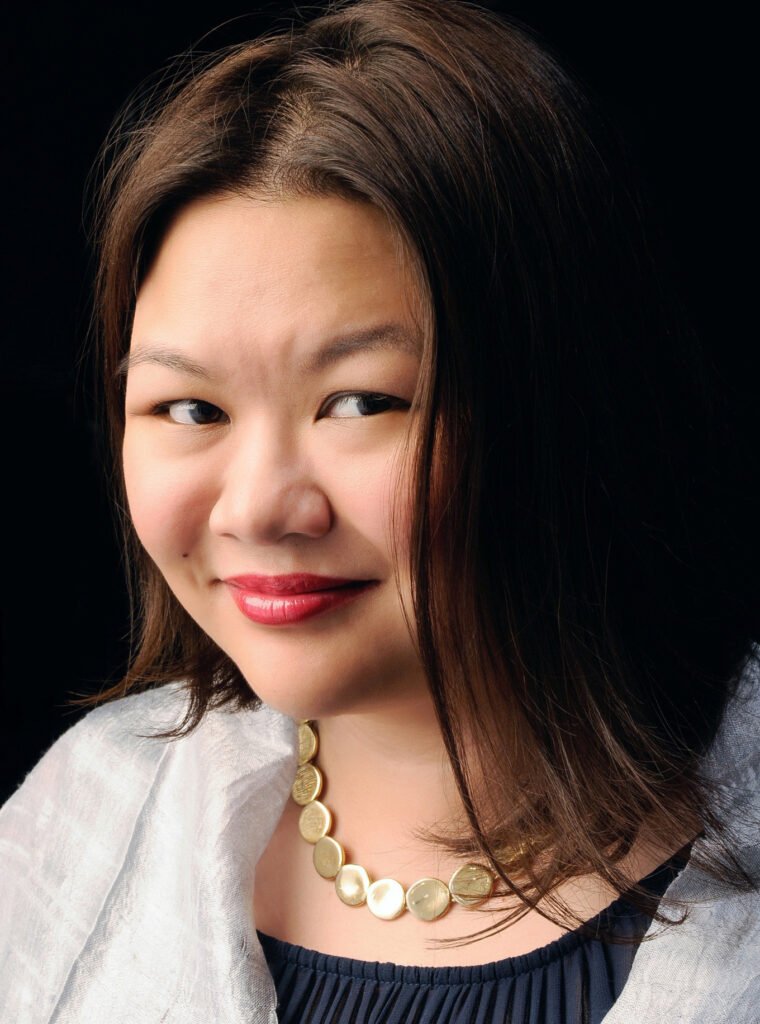
Judith Huang (錫影) is an Australian-based Singaporean author, Rosetta Award-winning translator, musician, serial-arts-collective-founder, Web 1.0 entrepreneur and VR creator. Her first novel, Sofia and the Utopia Machine, shortlisted for the EBFP 2017 and Singapore Book Awards 2019, is the story of a young girl who turns to VR to create her own universe, but when this leads to an actual big bang in the Utopia Machine in a secret government lab, opening portals to the multiverse, she loses everything – and must go on the run with only her wits and her mysterious online friend, “Isaac,” to help her. Can she save her worlds and herself? You can see more of Judith’s work at www.judithhuang.com
- Published in ISSUE 26, Poetry, Translation
TWO POEMS by Julia Thacker
Aubade
My ghosts line up, mouths full of bitter
greens and sweet grasses,
names chalked on the walls
of ruined buildings, the night
smelling of their breath.
One wears a split lip,
saxophone-blown. Sometimes he calls
in sick. I am not your splendid harness.
Don’t wait up. What is sleep anyway.
Barnyard animals, goats and owls sleep.
Even the earth with its seeds and vegetables
rooting underground can rest.
The joists of the house squeak.
Like stuttering bells, pipes gurgle
all night. Frost sets a breakfast table.
Butter and milk, clatter of copper.
Watering can from which I wish
to be poured. What can I do
but honor the first silver
hair in the winter comb.
My soul wears a crown of milk thistle and woolly-heads
Sometimes she is buried at sea,
wrapped in linen, the waves like mouths
of glass. Sometimes she rises again.
Mollusk-pearled, she strolls the village
dripping kelp. Called Pink Star,
Himalayan, Celtic, Diamond of the Dead
Sea, she does not answer to those names.
No hymn, no pilgrimage, no wafer
on the tongue. She eschews hallelujah.
Refusenik of frankincense and myrrh.
Sometimes she claims she’s just off the boat,
amnesiac. Takes the name Augusta Agnes.
Washes her unmentionables
at the sink. Bleaches her mustache.
Vagrant Sundays spent rolling in hay, tan,
sun-warm, indistinguishable from dry grass.
No bathing costume, swims in her drawers.
Wades in cranberry bogs. Eats tomatoes off the vine.
Sleeps on the beach. Sand makes a dune of her body.
At church bazaars, she filches Chesterfields
and barters for lace mantillas. Disappears for days.
Ignores my pleading letters penned in blackberry ink.
Neighbors say I should keep her on a leash.
She restoreth. She maketh still. She doth thirst.
JUNCTURE LOSS by Liane Tyrrel
Tiny words, real but illegible.
The dog finds a small dead body and nuzzles it with her nose.
Sometimes the petals of moon flowers tear as they open.
A linguistic change is called a juncture loss.
And here you’ll have to use your imagination because I’m not sure.
Back then we grew mock orange in the yard.
At first I didn’t think I would continue.
Everything including the walls had been stripped bare.
We say exact whereabouts when we really want to know.
I was carrying it in a wagon and bringing it back home with me.
I had visions of log runners driving logs down rivers.
Gravity affects us and we age.
I know I use too much honey in my tea.
Trust is an arrangement.
Who decides light?
FABLE IN WHICH YOU ARE A BARN ANIMAL AND I AM A CARNIVORE by Hannah Marshall
Suppose, you say, it began with the chickens,
the way one wing raised
could unbalance,
the way they learned
to tilt their heads
in a concession to gravity, all at once.
Yes! I like it, I say.
The pleasure of synchronicity.
The pigs, being dominant
in cognition, would be next.
They might listen to the rain
and learn rhythm
from the downspout.
Music, it seemed to you,
would be a matter of curled tail
and the scent of hay.
The cows would sing, without
meaning to.
I am entranced now: And the dark star
on the forehead of a pregnant heifer
would pulse, and she would moan
the river into the valley.
You think this lovely, but obtuse.
You say, All night long, the fireflies
make love to the mist,
and in the morning,
I interrupt,
the fox carries the music away,
warm between her jaws.
WHEN BILLIE HOLIDAY SANG by Grace Kwan
I’m gonna love you like
nobody’s loved you
with the rain flickering
against my parted window
and the sheets pooled
around my hips was when
I felt the first note
at the bottom of my stomach
that suggested it wasn’t
the bottom and there was more
mystery to fall through
than I could imagine
perhaps less the bottom
of my stomach than
the precipice of my stomach
and my first thought was
to reach for your wrist.
It occurred to me after
the party that things like
walking out of a party
with someone you just met
holding hands along a moonlight
river was an inaccessible romance
vignetted by searchlights
chased by people
I didn’t understand
with no hope of
participating in desire
until Billie Holiday
sang that note.
Everything I have is yours
you’re a part of me
what is it about her
voice that cleaves
the octave like an ocean?
my destiny so ardently split?
I think I understand
how you “love
music” without interrogation
as to genre or poetics
or school of thought
just the experience
of living from note to note
each breath lasting only as long
as it sustains the next.
ELEPHANT by Julien Strong
Something so heavy with meaning
all we can do is drag
our hands across the surface
itching to define to fix
as a compass point
navigating what
I thought I understood
because I lived within its skin
and yet
stroking the trunk
fingering a fold
I understand nothing
not even the shape
let alone the name
even the tracks it leaves in its wake
keep changing
and look
in each depression
the falling rain
becomes sea
TWO POEMS by Tana Jean Welch
SLEEPING WITH JANE
Again I mutate as we move through
the old park, ready to launch
past the spectral-fired flowers,
past the Japanese elm sighing
alongside the swarm of Jizo statues,
bald little monks tall as wine bottles,
each transmitting a silent symphony
of grief—Jizo, protector of unborn babies.
Jizo, an army of stone guardians
stalwart in cardinal colored caps
and bibs—I rise above the remains
of my never known, not a phoenix,
but a woman without memory, not
a man on his endless knee to the night,
but a woman with a woman living in one
minute you undressed me and led me
into the pond and despite the angst of algae
between my toes I knew I was safe, like
a child who lives no longer, a child smuggled
into the afterlife in the sleeves of Jizo’s robe.
JANE COMPLAINS
about losing wall space to Zina and Heike,
she wants a new glory hole, maybe something on Post Street—
when she’s angry her voice is clanging
bangles over a thin arm, so I hear new glory hole instead
of new gallery and wonder if it’s mine or hers
that’s suddenly inadequate
but before the wrinkled page of the sky
swells with emptiness,
I decide to let her know:
things can always go differently
Emma Bee Bernstein committed suicide
inside the Peggy Guggenheim Collection on the Grand Canal.
She was 23.
Where did she do it?
In front of Léger’s Men in the City
(purchased by Peggy the day Hitler invaded Normandy),
or next to Brancusi’s Bird in Space
(acquired as the Germans approached Paris),
or in the garden? Was Emma Bee
standing on the gravesite of Peggy’s 14 beloved Lhasa Apsos?
And how?
I can’t find this information anywhere.
Jane asks: what does this have to do with anything?
everything (the last dog died in 1979)
and nothing (her name was Cellida)
